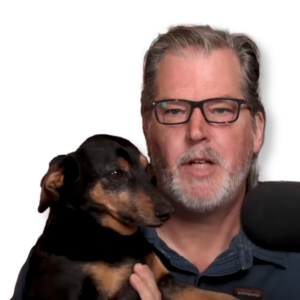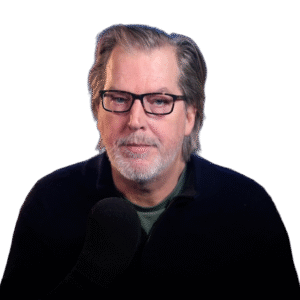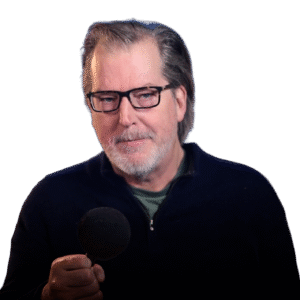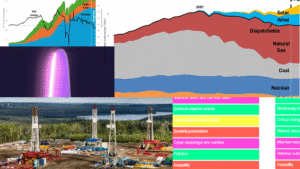
#93 | Frankly
Information Burnout: Are We Past Peak Sensemaking?
Description
Each morning, people around the world wake up to more troubling headlines – from power outages in Spain and Portugal to intensifying drone attacks in Ukraine. For some people, diving into the facts and data behind these types of crises provides an increase in knowledge resulting in agency and response.
On the other hand, a growing number of people feel overloaded with the constant stream of information about the multitude of threats in our world. How can people on this second arc of sensemaking still engage with these issues by grounding themselves in individual and community initiatives?
In this week’s Frankly, Nate reflects on the increasingly wide variability in people’s ability to consume and metabolize information on the converging crises actively playing out in our world. He reflects on his own ways of making sense of it all, and what that means for the kind of educational work still needed to address our shared Human Predicament.
How can we remain motivated to pursue meaningful work in times when we feel overwhelmed with the fragile state of the world? What is the role of information (and podcasts) in a landscape inundated with heavy news? And how might we draw on past sensemaking in order to move forward with building a future that is ‘better than the default’?
In French, we have a motto that says that a simple drawing is often better than a long explanation. Jean-Marc Jancovici Carbone 4 President
That’s very understandable because with left atmosphere thinking, one of the problems is that you see everything as a series of problems that must have solutions. Iain McGilchrist Neuroscientist and Philosopher
We can’t have hundreds and hundreds of real relationships that are healthy because that requires time and effort and full attention and awareness of being in real relationship and conversation with the other human. Nate Hagens Director of ISEOF
This is the crux of the whole problem. Individual parts of nature are more valuable than the biocomplexity of nature. Thomas Crowther Founder Restor
Show Notes & Links to Learn More
Download transcript00:12 – Power Outage in Spain
00:35 – Nate’s Earth Day Frankly #92
02:16 – Alexis Zeigler, 300-Watt Society (TGS Podcast Episode) (Living Energy Farm)
02:58 – Decline in Oil Production Growth
03:17 – 2025 Coolest Temperature (Global Temperature)
03:45 – Carbon Pulse (TGS Frankly #44)
06:06 – Energy and GDP
06:07 – Energy and Technology
06:10 – Energy and Money (TGS Animated Series, Part 02)
06:29 – 8 Billion (World Population)
07:03 – Bioregionalism (TGS Reality Roundtable #14)
07:08 – Regenerative Agriculture, Regenerative Systems
07:20 – What Can’t Happen, What Won’t Happen, What Might Happen (TGS Frankly #90)
08:08 – Watershed
08:24 – Peak Oil
08:30 – Guest on Grief (Francis Weller) (TGS Podcast Episode)
08:31 – Guest on Neuroscience Iain McGilchrist (TGS Podcast Episode)
08:37 – Stephen Jenkinson
08:59 – Ecological Overshoot
10:17 – Bitcoin
More: Information Processing







